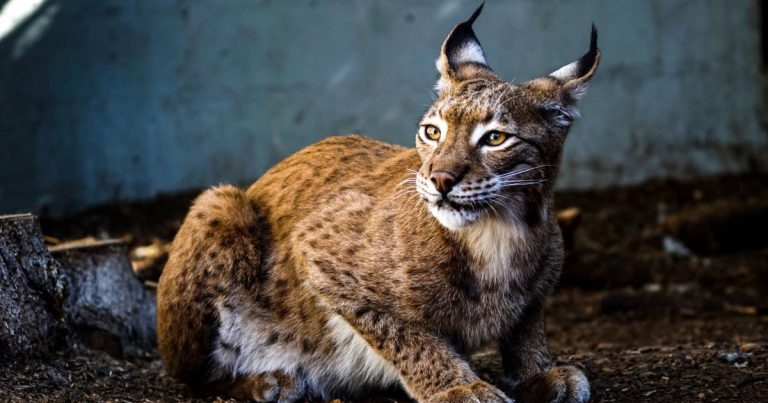16 Jun 2022
Research carried out by Queen’s University Belfast and Cornell University says reintroduction of the lynx and wolf in parts of the world could manage problematic invaders.

Glen Hooper © Unsplash. https://bigcatfacts.net/lynx-mating-rituals-and-reproductive-strategies/
Restoring native predator populations such as the wolf or lynx in parts of the world could keep problematic invasive species in check, according to a new study.
Invasive species have been one of the main causes of extinction of some vertebrates in the past 100 years, with an estimated cost of US$162 billion a year.
A study by Queen’s University Belfast and Cornell University found that the evolutionary naivety of invasive species to native predators, coupled with a lack of spatial refuges from predation, could underpin the abilities of native predators to provide effective control of certain established invasive species.
The same research team had previously shown how recovery of the native pine marten in the UK and Ireland had resulted in declines in the invasive grey squirrel. Building on this, it has evaluated native predator reintroduction and restoration as a viable nature-based solution.
Lead author Joshua Twining, from the School of Biological Sciences at Queen’s University Belfast and the Department of Natural Resources at Cornell University, said: “In a modern world that is daunted by environmental crisis and ecological collapse, it is more important than ever to realise the potential of restoring native predators to ecosystems from which they have been previously lost.
“This applies globally, but is especially applicable in Britain and Ireland, where we have persecuted all our large-bodied predators into extinction with no natural means of recovery.”
In cited examples, reintroduction of native lynx could help manage damaging sika deer, which graze crops and strip bark from the base of trees. They are also thought to spread bovine and avian TB.
Lynx and wolf recovery in Europe could also limit raccoon dogs below the threshold for rabies persistence, which remains a huge threat to human and animal health.
And further afield, the predator Florida panther, one of the first species added to the US endangered species list in 1973, could contribute to control of invasive feral pigs, which hunt birds and amphibians.
Dr Twining added: “Our work demonstrates the plausibility of a nature-based approach to the control of certain invasive species around the world. Native predator restoration can provide effective solutions to some of the most damaging of invasive species and thus buffer our natural systems against some of the worst of human impacts.”
The research paper is online.